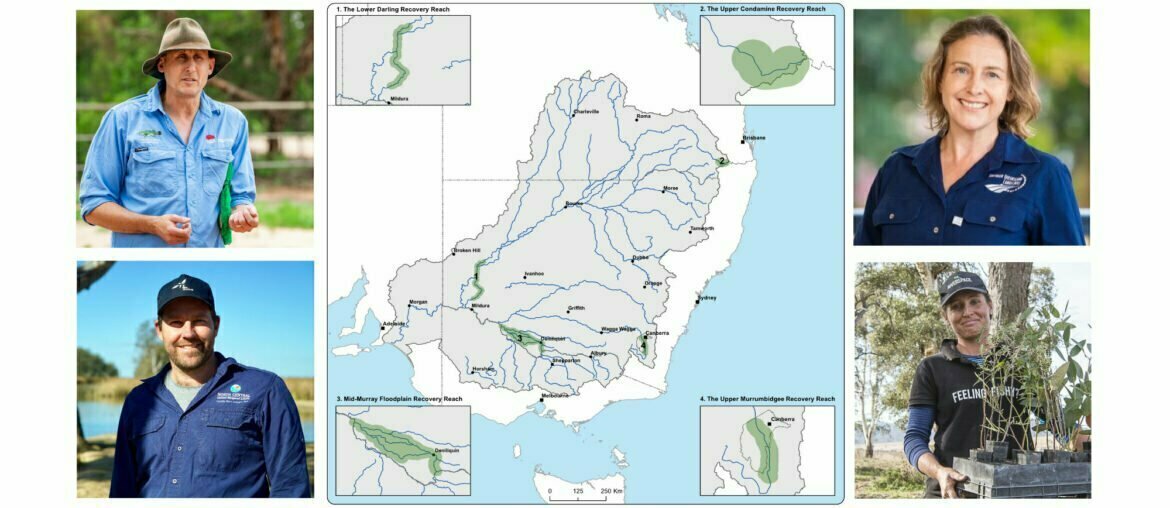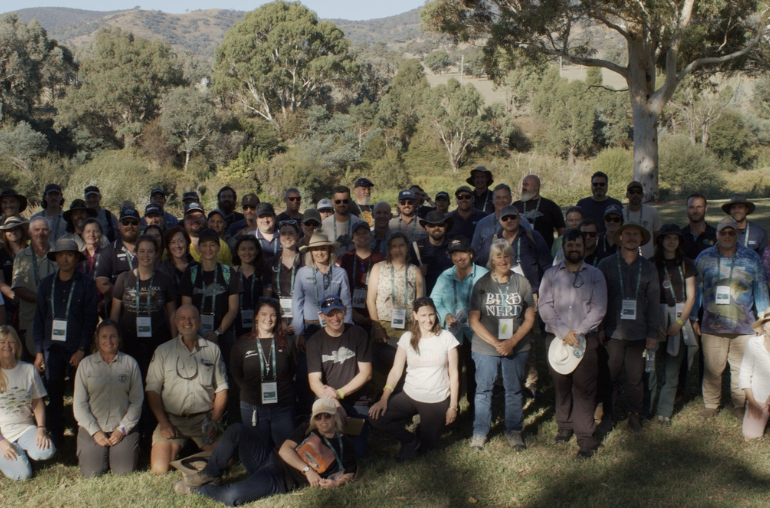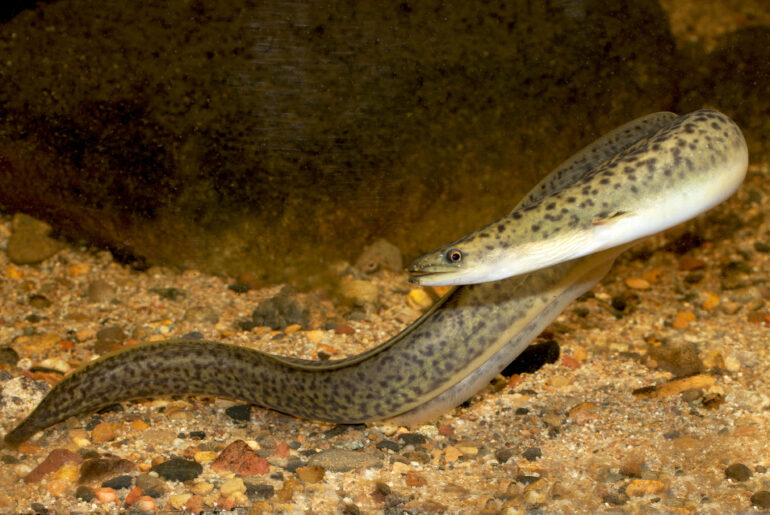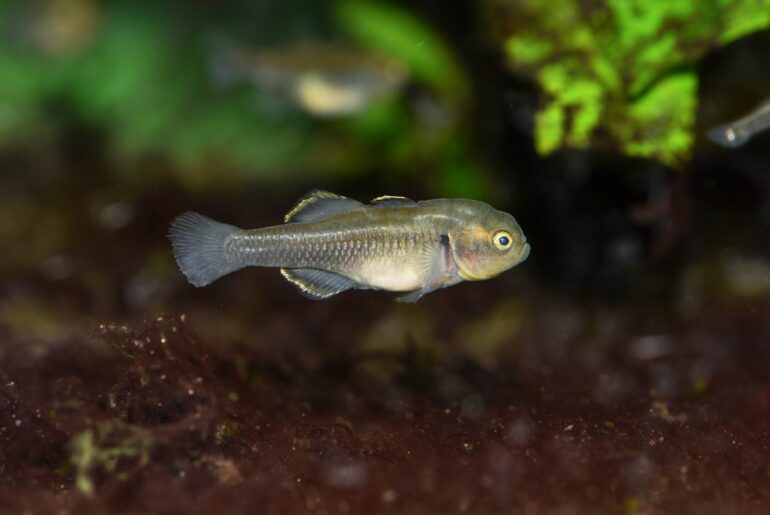A network of Local Recovery Coordinators have been established to lead on-ground activities of the Native Fish Recovery Strategy. They are crucial to fostering ongoing and effective local partnerships between government, First Nations, community and industry. Local Recovery Coordinators are embedded in the community, employed by local agencies and supported by local stakeholder groups. They have a strong understanding of the local issues facing native fish and provide mentoring and help stakeholder capacity building.
Meet the Recovery Coordinators
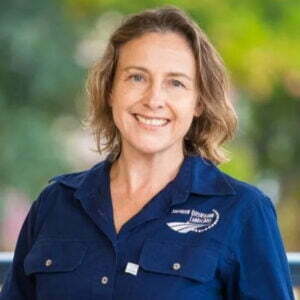 Jacinta Cox
Jacinta Cox
Jacinta coordinates the Upper Condamine Recovery Reach which is focused on improving populations, distribution and resilience of River Blackfish by building resilience to rising temperatures. Jacinta has extensive experience working across all levels of government, industry, education, not-for-profit and the broader community and a strong understanding of different sectors pertaining to the environment, land and water use.
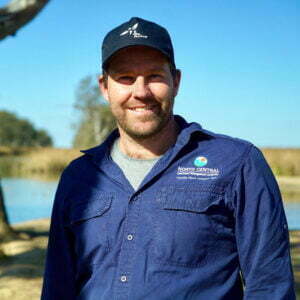 Peter Rose
Peter Rose
Peter coordinates the Mid-Murray Floodplains Recovery Reach which is focused on improving 6 threatened floodplain fish species by restoring several wetlands. He is a freshwater ecologist and Project Manager for North Central CMA’s Native Fish Recovery Plan-Gunbower and lower Loddon.
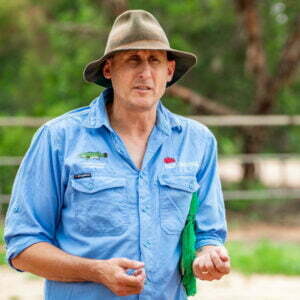 Iain Ellis
Iain Ellis
Iain coordinates the Lower Darling Recovery Reach which is focused on restoring Lower Darling fish communities after the Menindee fish deaths. He has worked on the biology and ecology of native fish for over fifteen years with particular focus on the conservation of threatened species, and adaptive management to preserve and recover native fish habitat.
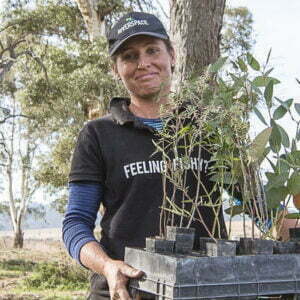 Antia Brademann
Antia Brademann
Antia coordinates the Upper Murrumbidgee Recovery Reach which is focused on coordinating on-ground fish recovery programs and improving habitat complexity in sediment impacted streams. Antia is a river enthusiast who loves mucking around in boats- some of her best days have been spent on the river! She’s in awe of our native fish and iconic aquatic wildlife and impressed by a staunch and committed catchment community who values its river and has been working for many years to protect and improve it.
The role of local communities and Recovery Coordinators
Communities can make significant contributions by:
- Applying their local knowledge, including traditional knowledge for First Nations peoples, to inform management
- Documenting what the key threats are locally and what actions might be suitable to mitigate them
- Development and implementation of local and regional recovery plans
- Participating in citizen science programs, to understand their local waterways
- Being involved in increasing education and awareness on native fish issues
Local Recovery Coordinators play a significant role in encouraging community involvement in delivering the Strategy outcomes. But the key drivers of success will be individuals with a passion for fish and a healthier environment.
Learn more about the recovery reaches and their recovery coordinators
